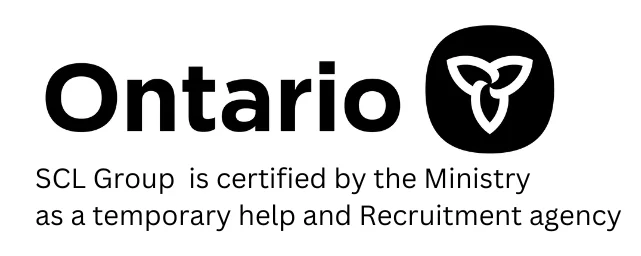What happens when you choose not to document care delivered in long-term care facilities?
In the long-term care (LTC) sector in Ontario, documentation of patient care is critical for ensuring the safety and well-being of residents. When nursing staff fail to document patient care, it can have severe consequences for both the resident and the LTC facility.
One common saying in healthcare is, “if you didn’t document it, you didn’t do it.” This means that if a task or intervention was not documented, it is assumed that it was not performed. This can be a significant issue in LTC facilities, where many residents require ongoing care and monitoring. Without accurate and complete documentation, there is no record of what care was provided, when it was provided, or who provided it.
One consequence of poor documentation is duplication of care. If one nurse is not aware of the care provided by another nurse, they may unknowingly provide the same care, wasting time and resources. Additionally, when nursing staff are not aware of changes in a resident’s care plan or medication orders, they may inadvertently administer incorrect or unnecessary medications, which can lead to adverse reactions and medication errors.
Another significant consequence of poor documentation is patient safety. Accurate and complete documentation is critical for ensuring that residents receive the appropriate care and support. Without documentation, there is no record of medication administration, vital signs, and other critical aspects of care, making it difficult to track changes in a resident’s condition and provide timely interventions when needed.
Additionally, poor documentation can have legal and regulatory consequences. Long-term care facilities are subject to strict regulations and standards, and failure to document patient care can lead to violations and penalties. In the event of a lawsuit, accurate and complete documentation can be critical for demonstrating that appropriate care was provided and defending against allegations of negligence or malpractice.
In conclusion, documentation of patient care is essential in the long-term care sector in Ontario. Poor documentation can have severe consequences, including duplication of care, medication errors, patient safety issues, and legal and regulatory violations. Nursing staff must be vigilant in documenting all aspects of patient care, including medication administration, vital signs, and other critical interventions. By ensuring accurate and complete documentation, LTC facilities can provide high-quality care to residents and maintain compliance with regulatory requirements.




